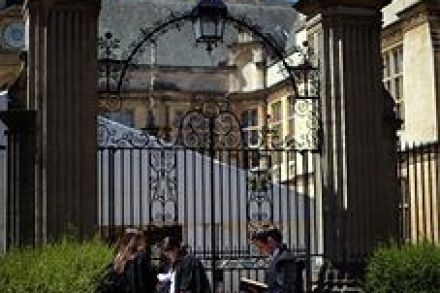Another phase in Gove’s revolution
Michael Gove has just finished announcing to the Commons his proposed replacement for Educational Maintenance Allowance. The new scheme is more targeted than the old one that went to 45 percent of those who stayed in education post-16. Interestingly, it will be administered by the schools and colleges themselves. Gove’s argument is that it is these institutions that are best equipped to know which student needs how much money to support them staying in education. This drew predictable opposition from the Labour benches which wanted a top down, national scheme. On top of this discretionary fund, every student who is receiving income support will receive £1,200 a year. This new


















